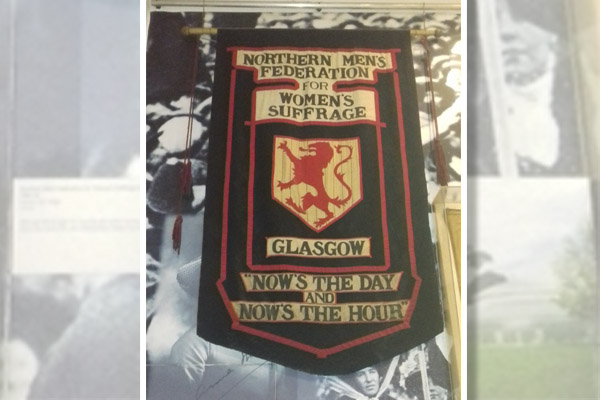What Writers Can Learn From Theatre

For me, theatre is the most immersive of all the art forms.
The beauty of live performance is that it can make me feel almost a part of the scene.
American dramatist Arthur Miller, famous for his plays “Death Of A Salesman” and “The Crucible”, once said that he’d “always felt the theatre was the most exciting and the most demanding form one could try to master”.
It not only reflects the abilities of the actor, then, but that of the playwright, too.
In theatre, writers don’t have the luxury of writing their plays around grand, lavish sets.
But that didn’t deter Shakespeare and his battle scenes in the King Henry plays. In the world of the theatre, the writer expects the audience to use some imagination . . .
Short Story Scenes
I like reading short stories where the writer describes enough of a scene to pique my interest, but doesn’t offer me the full picture.
For example: a room in a worn by the feet of one of the chairs.
The rug will then conjure up images in my mind. Shape, colour or pattern.
My imagination will then want to know about who sits, or sat, on the armchairs. So, the writer is describing certain elements of the scene to me. But they are also letting me fill in the blanks for myself.
By the time a character enters the room, sitting down on one of the armchairs, the writer will have my full attention. I am eager to know more about the character in question, all before a word is uttered.
When you are writing your stories, don’t feel restricted by your scene selection.
If you describe to the reader a hint of what is happening, then just like a play, it should be enough to set a scene, leaving the rest to the reader’s imagination.
Budding writers can find more tips on our Writing Tools section.










